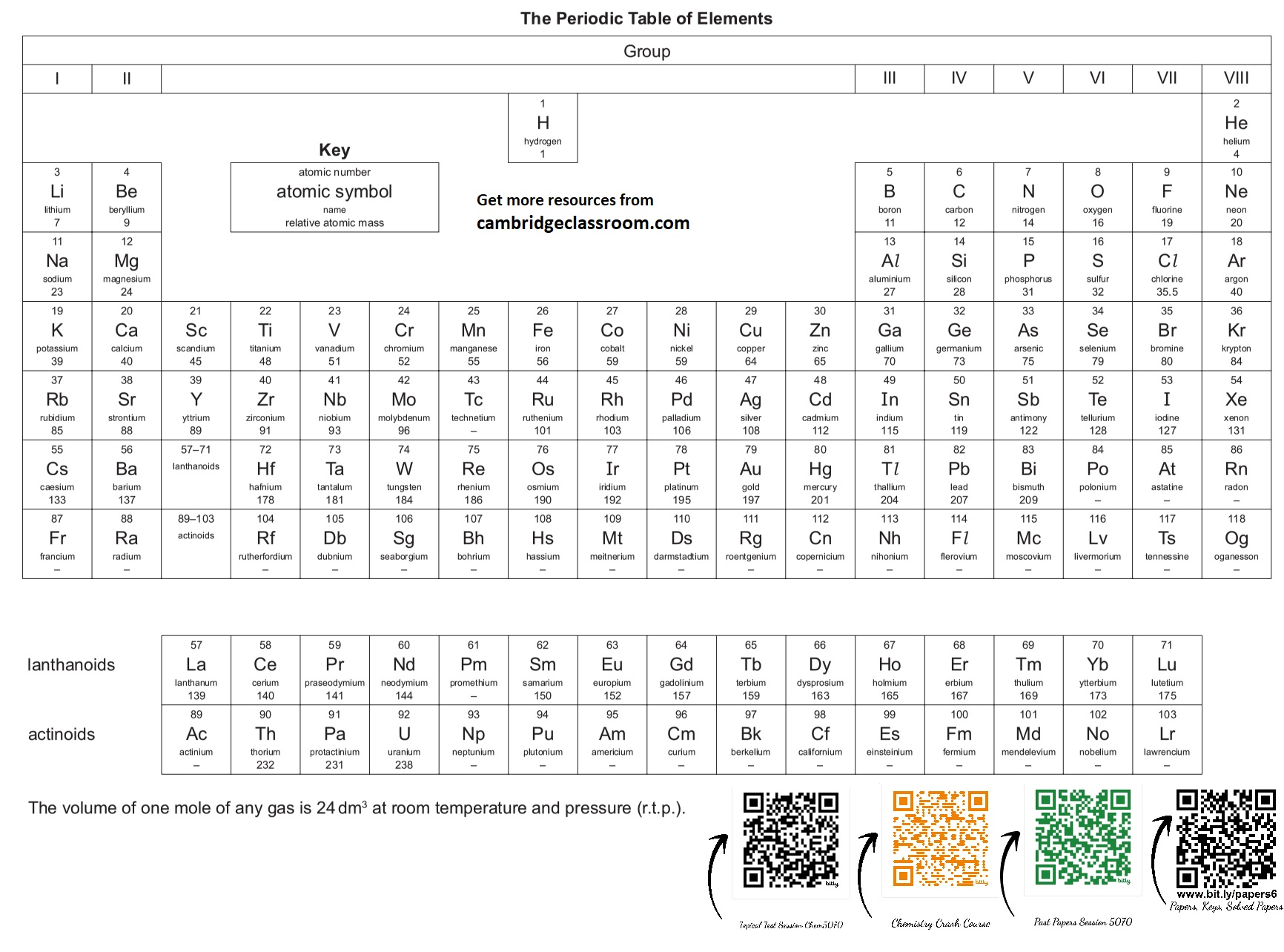Discover the most important topics for 2025 CAIE exams across key subjects. Study smarter with this complete topic guide to boost your grades fast.
Understanding the CAIE Syllabus Structure
The Cambridge Assessment International Education (CAIE) syllabus outlines every topic that could be assessed in the exam. Each subject’s syllabus is published officially and is updated periodically.
Why Is It Crucial?
It lists all learning objectives.
Indicates assessment objectives (AOs) and paper-wise weightage.
Acts as a revision checklist to avoid missing any topic.
Subjects with High Topic Weightage
Some subjects have predictable patterns based on past paper analysis. These high-weightage areas are gold mines for focused revision.
General Rule for Identifying Important Topics
Repetition in past 5 years = high probability.
Long answer questions on the same topic = examiner favorite.
Mark schemes highlight keywords and expected answers.
Chemistry (5070 & 0620): High-Yield Topics
Chemistry is a high-scoring subject if revised strategically.
Top Topics
Acids, Bases & Salts – Neutralization, pH scale, titration.
Organic Chemistry – Alkanes, alkenes, alcohols, carboxylic acids.
Electrolysis – Applications, half equations, products.
Chemical Reactions & Energy Changes – Endo/exothermic reactions.
Periodic Table & Group Trends – Group I & VII, transition metals.
Rates of Reaction – Catalysts, temperature, surface area.
Equilibrium (0620) – Dynamic equilibrium, Le Chatelier’s Principle.
Physics (5054 & 0625): Most Tested Concepts
Physics rewards understanding over memorization.
Hot Topics
Forces & Motion – Velocity, acceleration, Newton’s Laws.
Electricity & Magnetism – Ohm’s Law, circuits, electromagnetic induction.
Waves – Reflection, refraction, sound & light waves.
Energy, Work & Power – Energy conversions, conservation.
Thermal Physics – Heat capacity, kinetic theory.
Biology (5090 & 0610): Key Areas
Biology is concept-heavy, but scoring if revised visually and logically.
Critical Topics
Cell Structure & Function
Photosynthesis & Respiration
Reproduction – Asexual, sexual, human systems.
Transport in Plants & Animals
Homeostasis
Genetics & Inheritance
Diseases & Immunity
Ecology & Ecosystems
Mathematics (4024 & 0580): Must-Know Topics
Math demands practice and understanding of concepts.
High-Value Topics
Algebra – Equations, inequalities, simultaneous equations.
Geometry & Trigonometry
Statistics & Probability
Functions, Graphs & Transformations
Mensuration – Surface area, volume of 3D shapes.
English (1123 & 0500): Scoring Topics
English is subjective, but there are ways to master it.
Most Valuable Sections
Directed Writing – Letters, reports, reviews.
Comprehension Skills – Inference, identifying purpose.
Summary Writing – Conciseness, identifying key ideas.
Language Analysis – Tone, word choice, figurative devices.
Business Studies (7115 & 0450): Core Themes
Business is application-based. Use real-life examples.
Exam-Worthy Topics
Business Activity & Types of Business
Marketing & Market Research
Financial Statements & Ratios
Operations & Production
Human Resource Management
Economics (2281 & 0455): Important Units
Economics needs clarity in graphs, terminology, and logic.
Key Topics
Demand, Supply & Market Equilibrium
Elasticity of Demand & Supply
Government Roles in Economy
Market Failure & Externalities
Inflation, Unemployment, Globalisation
ICT & Computer Science: Repeating Patterns
Tech-based subjects demand both theory and application.
ICT Topics
Input/Output Devices
Spreadsheets, Databases
Data Security & Privacy
Networks & Communication
Computer Science Topics
Binary, Hexadecimal
Boolean Logic
Programming Concepts
Computer Architecture
Geography & Environmental Management
Map skills + case studies = formula for success.
Focus Topics
Plate Tectonics & Earthquakes
Climate, Weather & Natural Hazards
Rural & Urban Settlements
Population Dynamics
Water & Energy Resources
Revising with Past Papers: Strategy
Use past papers to filter the most tested content.
Tips
Do topic-wise past paper practice.
Analyze patterns and question phrasing.
Review mark schemes for examiner language.
Importance of Mark Schemes & Assessment Objectives
Each question tests specific objectives like:
Knowledge recall (AO1)
Application (AO2)
Analysis (AO3)
Understand what the examiner is looking for — write accordingly.
Topic Weightage from Past Papers Analysis
A brief statistical look at topic recurrence (based on recent trends):
| Subject | Most Repeated Topics |
|---|---|
| Chemistry | Electrolysis, Acids/Bases |
| Physics | Electricity, Forces |
| Biology | Respiration, Genetics |
| Math | Algebra, Geometry |
| Economics | Demand/Supply, Market Structures |
How to Prioritize Your Revision Based on Topics
Use the ABC Method:
| Priority | Action |
|---|---|
| A (High) | Revise deeply, do 5+ past paper Qs |
| B (Medium) | Revise concept, 2-3 past paper Qs |
| C (Low) | Brief overview or skip if short on time |
FAQs: Students’ Common Questions Answered
Q1: Are these topics 100% guaranteed to come?
No, but they are high-probability based on data from past papers.
Q2: Should I skip less common topics?
Only if short on time. Focus on A and B priority topics.
Q3: Where can I find topic-wise past papers?
Use platforms like SaveMyExams, Physics & Maths Tutor, and Cambridge Classroom.
Q4: Can I rely only on these topics?
Not entirely — aim for full syllabus coverage if possible.
Q5: Are topics same across 5070 and 0620?
Many overlap but consult individual syllabi for differences.
Q6: What’s the best way to master these topics?
Combine concept learning with past paper practice and use solved video explanations.
Conclusion: Study Smart, Not Just Hard
Mastering the important topics for 2025 CAIE Exams is about knowing where to focus your time. Use data-driven strategies, prioritize wisely, and reinforce your learning with resources like Cambridge Classroom’s solved past papers and crash courses.
🧠 Smart revision. 📘 Targeted practice. 🎯 A* results!

























